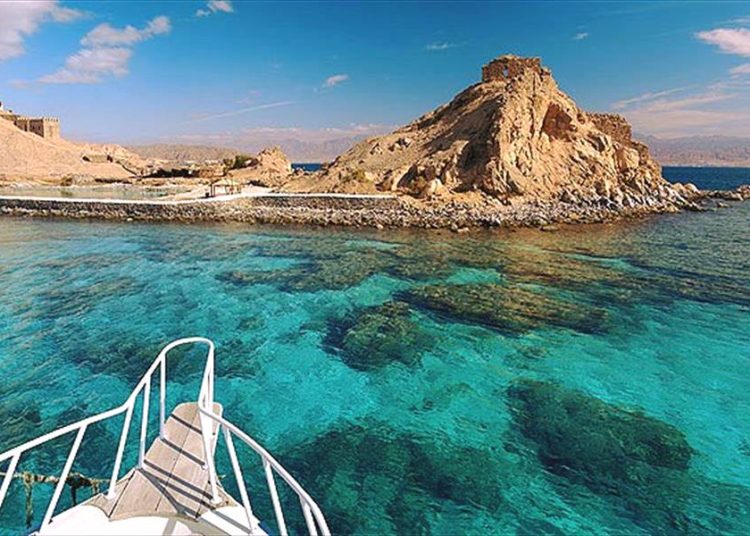A co-operation protocol worth LE15 million has been recently signed between the Egyptian Environment Minister Yasmine Fouad and the South Sinai to develop “Ras Abu Gallum” protectorate in the Governorate, with the aim of alluring more tourists to the fascinating site which features abundant and various species of sea creatures, plants and sea herbs.
This protocol is a part of the ministry’s plan to develop 13 reserves out of a total of 30 seeking to support ecotourism across the nation.
The ministry is also proceeding with a project to establish a wildlife park in Wadi El-Rayan reserve in Fayoum, south of Cairo, based on Jordan’s Al Ma’wa for Nature and Wildlife.
The joint project between Egypt and Jordan, themes “a safe haven for wildlife” aims to resettle various endangered animal and plant species, or dying out in their natural environment, thereby protecting biodiversity, the ministry said in a statement.
“Egypt has great potential for ecotourism,” environmental expert Magdi Allam said. According to the Egyptian Environmental Affairs Agency (EEAA), Egypt owns a total of 29 protectorates declared by law, which occupies 15 per cent of the country’s total area.
Law 102/1983 established natural reserves and defined the practices, activities and services permitted there. Law 4/1994 on the protection of the environment provides for penalties against violators. Prime Ministerial Decree 2728/2015 was issued to support previous laws and obliged investors to avoid activities that put natural reserves at risk.
“The government is investing in natural reserves according to the nature and size of the infrastructure,” Allam said.
The goal is to provide due protection for these sites, as well as bringing economic and social benefits, while abiding by the relevant laws that prohibit the slightest alteration to the shape or characteristics of each protected reserve, Allam added.
“Eco-tourism projects, like the wildlife park in Wadi El-Rayan, are part of the efforts to achieve economic, social and environmental prosperity,” he said, adding that the park will be a valuable source of sustainable revenue, while contributing to the well-being of local communities.
Allam stressed the significance of involving the local community ecotourism, which he believes is crucial to ensure success and sustainability.
Stories of success abound when governments and private sector companies realise the high potential of local community involvement in planning ecotourism projects, he said, citing the example of the Langtang Project in Nepal.
Women in Nepal suffer from different social and economic ills such as high illiteracy, poverty and gender inequality. However, they are highly skilled at traditional handcrafts. The Nepali government capitalized on these skills to ensure sustainability of the project and, at the same time,to improve the economic conditions of the local community.
Women have been integrated into the project as key decision makers and were consulted on many issues such as the type of fuel to use for cooking and handcraft products to sell to tourists.
“This example sheds light on the high value of community-based tourism and its significance for making the best use of the available local resources, Allam said.






Discussion about this post